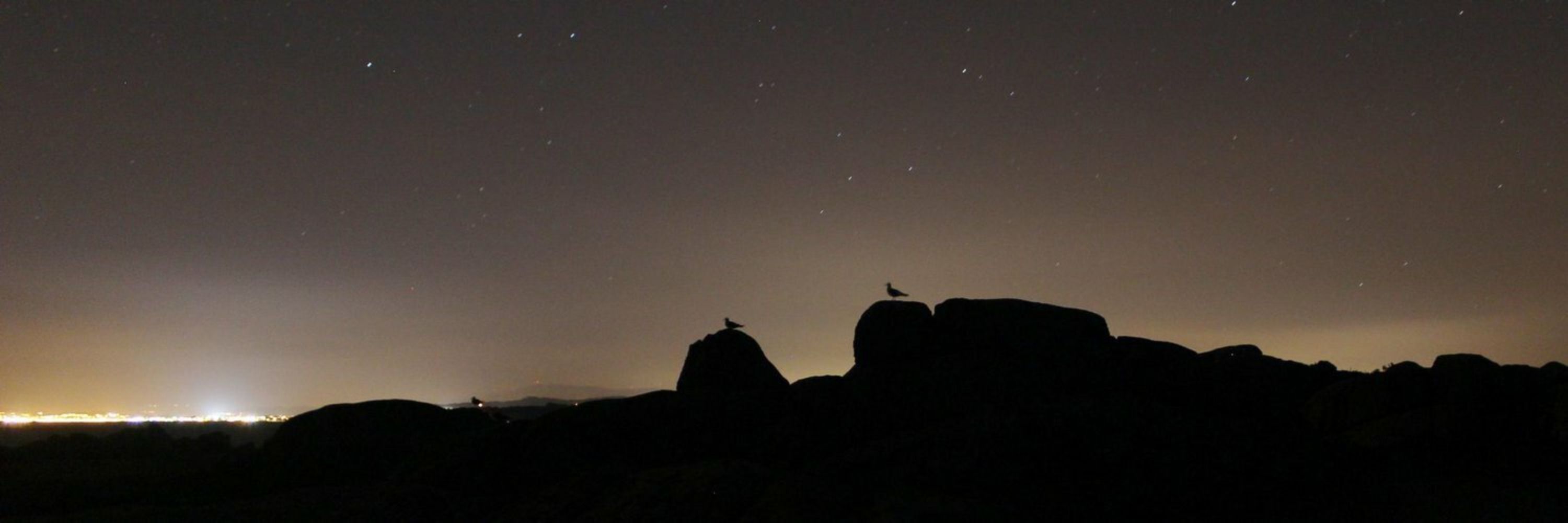
https://salvabara.blogspot.com/
While taking SQC measurements from a park in Montreal's suburbs, I noticed that the zenith became darker just after the clouds cleared overhead but were still covering Montreal (2nd image). The clouds acted like a blanket over MTL



While taking SQC measurements from a park in Montreal's suburbs, I noticed that the zenith became darker just after the clouds cleared overhead but were still covering Montreal (2nd image). The clouds acted like a blanket over MTL

